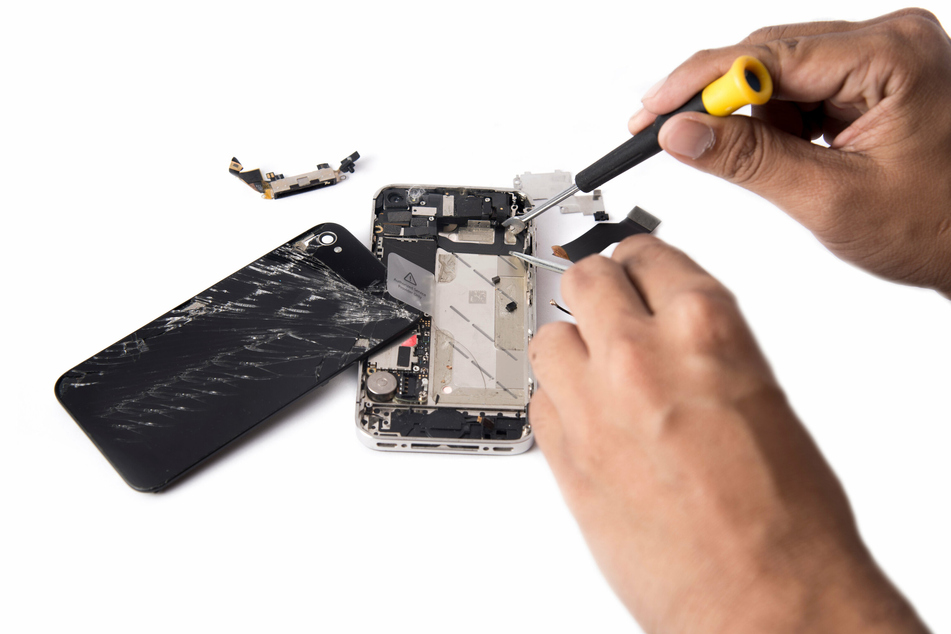FTC hits Big Tech with official right-to-repair policy
Washington, D.C. - The Federal Trade Commission has announced an official right-to-repair policy that makes it very clear that companies cannot tie product warranties to exclusive repair contracts.

Consumers have long complained about the high costs of getting their electronics repaired.
Companies like Apple and Tesla have a history of deliberately preventing third parties from repairing their products by designing built-in hardware locks and holding product warranties ransom by requiring products to be sent back to authorized dealerships for repair with very expensive replacement parts.
But now the Federal Trade Commission has sent out a strong message to those in Big Tech who beef up their revenue streams by limiting repair options for consumers: consumers have a "right to repair."
Companies with warranty policies contingent on certain repair routes were actually in violation of the Magnuson-Moss Warranty Act. Only an explicit waiver from the FTC can release them from the obligation to keep warranty in place for customers no matter where they get their products fixed.
At least two tech giants have been complaining about FTC policies since Lina Khan joined as chair. Khan is prominently antitrust, and both Amazon and Facebook have asked for her recusal from proceedings and investigations into their business affairs.
But Khan doesn't seem to be backing down, as 9To5Mac reported Wednesday: the FTC has officially released "right-to-repair" policy and it's going to mean consequences going forward for previous offenders.
The right to quicker, cheaper repairs

The new policy will "target repair restrictions that violate antitrust laws enforced by the FTC or the FTC Act’s prohibitions on unfair or deceptive acts or practices," according to the statement.
Khan explained, "These types of restrictions can significantly raise costs for consumers, stifle innovation, close off business opportunity for independent repair shops, create unnecessary electronic waste, delay timely repairs, and undermine resiliency."
Technically, she's not wrong. Take smartphones for example: most network carries offer insurance policies for some damages to the phones, but the premiums are often half as much as the phone bill, with hefty deductibles. Most people who opt-out assume they have to lose their warranty in order to choose a cheaper, local option that doesn't require them to ship their phone off for weeks.
The new statement promises that, "the FTC will also closely coordinate with state law enforcement and policymakers to ensure compliance and to update existing law and regulation to advance the goal of open repair markets."
It seems the new policy has some teeth behind it, but Big Tech has deep pockets and can afford to pay fines and fight policy in court for years, so it may be awhile before we see any distinct changes to how these companies operate.
Cover photo: 123RF/ sorranop01
